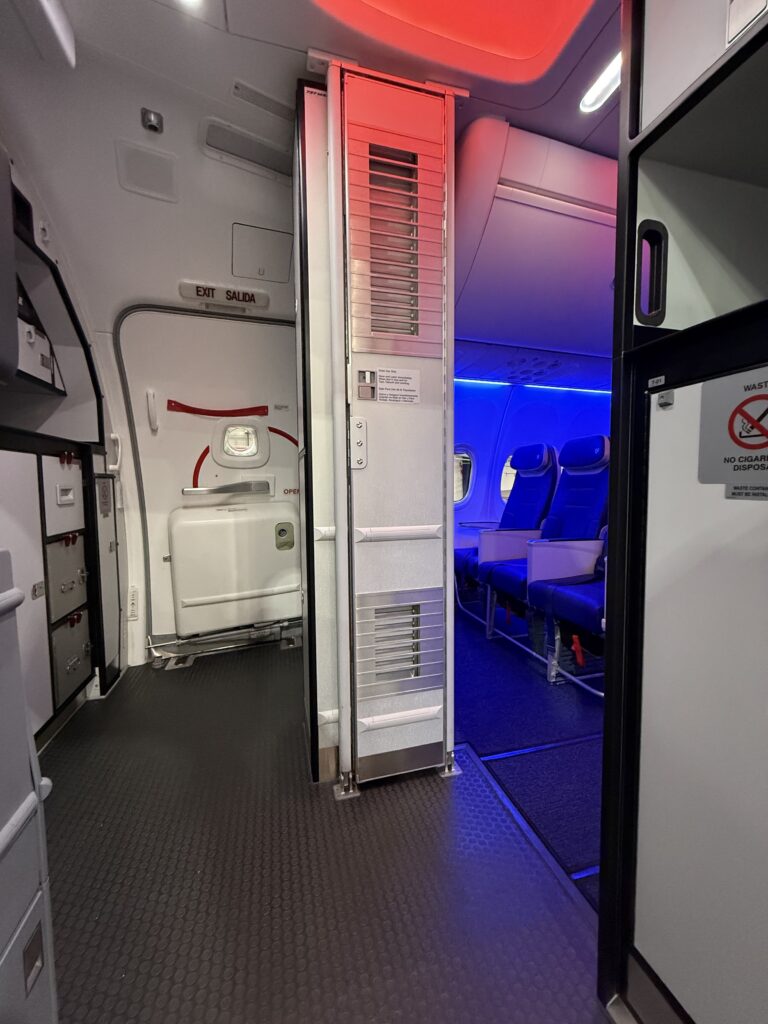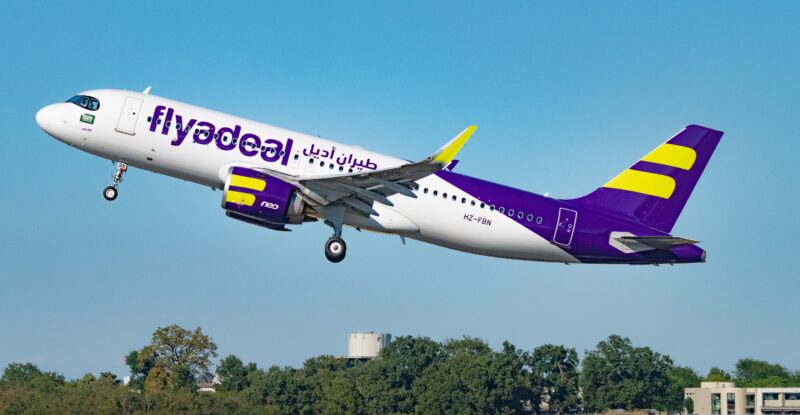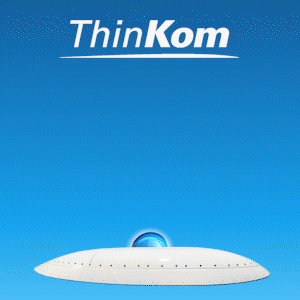Steven Greenway, the CEO of Saudi Arabian low-cost carrier flyadeal is paying close attention to the rollout of retractable secondary cockpit barriers in the United States, and anticipates the security feature will ultimately become standard equipment on aircraft. As such, he reckons industry will need to develop standards for the hardware.
The Jeddah-based carrier is “absolutely” looking at whether to bring Installed Physical Secondary Barrier (IPSB) equipment to its Airbus fleet, Greenway said during a recent in-depth interview with Runway Girl Network.
“Everything is on the table. We won’t say ‘no’ to anything that improves safety or security on board our flights, in particular. We would, of course, look at it.”
He added:
I suppose collectively, the industry needs to get together and say, what is the standard?
Pursued by legislators after the 9/11 attacks, and now enshrined in US law, the Federal Aviation Administration’s mandate requires all airlines operating under Part 121 in the United States to install an IPSB on new-delivery aircraft. Airlines were originally required to meet an August 2025 deadline, but the FAA recently granted them a one-year exemption period.
The FAA rule does not apply to non-US carriers. But conformity to this type of law or procedural change, whether emerging from the United States or Europe, tends to trickle down to other jurisdictions that align their safety procedures with the FAA and the European Union Aviation Safety Agency (EASA), Greenway noted. And standards around safety emerging from the US, especially, tend to be adopted globally.
Even when formal agreements are not in place, there is an effort within industry to harmonize, including to streamline the sale and lease of aircraft.
“There’s no use of me installing something that is only basically acceptable in Europe and doesn’t work anywhere else, as an example,” noted Greenway. “So, we really need to get down to that standardization, which I think everyone’s looking for. And that does take time.”
His stance is understandable. Fast-growing flyadeal, which has pursued an all-economy configuration for its narrowbodies, has enjoyed a rapid trajectory in part because it doesn’t buy bespoke aircraft interiors. Rather, the airline buys off-the-shelf, which helps to ensure it is not as adversely affected by supply chain constraints as full-service carriers.
Part 121 operators in the US will ultimately have to retrofit their aircraft with IPSBs. And, when retrofit solutions become available to the market — perhaps initially via Service Bulletins from the airframers — the standards work flagged by flyadeal’s Greenway will grow in importance, as other firms seek to edge into the space.
In the meantime, however, Airbus and Boeing are now installing certified IPSB equipment at their respective factories on aircraft destined to US operators.
“I can confirm we have begun delivering aircraft with the barrier,” an Airbus spokesperson tells RGN.
SCHROTH, which is supplying the IPSBs for Airbus A320, A330 and A350 aircraft, started shipping the hardware several months ago to Airbus in Hamburg, Toulouse and Mobile.
The firm has already supplied “a double-digit number of IPSBs” to the European airframer and has “maintained a continuous production output to satisfy Airbus’ demand,” SCHROTH CEO Martin Nadol confides.

SCHROTH’s Martin Nadol demonstrated the IPSB for Airbus A320, A330 and A350 aircraft at the Aircraft Interiors Expo in Hamburg
The first Boeing aircraft to break cover with an IPSB — a 737 MAX 8 operated by Southwest Airlines — entered revenue service for the carrier on 29 August.
The IPSB hardware on the MAX is believed to be a homegrown solution designed and qualified by Boeing. But the US airframer is not sharing manufacturing specifics at this time.
“Boeing has complied with the FAA mandate on secondary barrier configuration,” a Boeing spokesperson tells RGN.
Southwest is among the first US operators to have an IPSB installed. But it seems clear that, in time, retractable secondary barriers will be coming to an aircraft near you.

Southwest Airlines is among the first carriers in the US to deploy an IPSB. Image: Southwest Airlines
Related Articles:
- Southwest to have 26 jets fitted with cockpit barriers by year-end
- US airlines get more time to install secondary cockpit barriers
- ALPA hits back as US airlines seek delay to cockpit barrier rule
- AmSafe Bridport unveils cockpit barrier for commercial aircraft
- SCHROTH reveals secondary cockpit barrier for A320, A330 and A350
- flyadeal CEO Steven Greenway on why the LCC is growing quickly
Featured image credited to flyadeal













